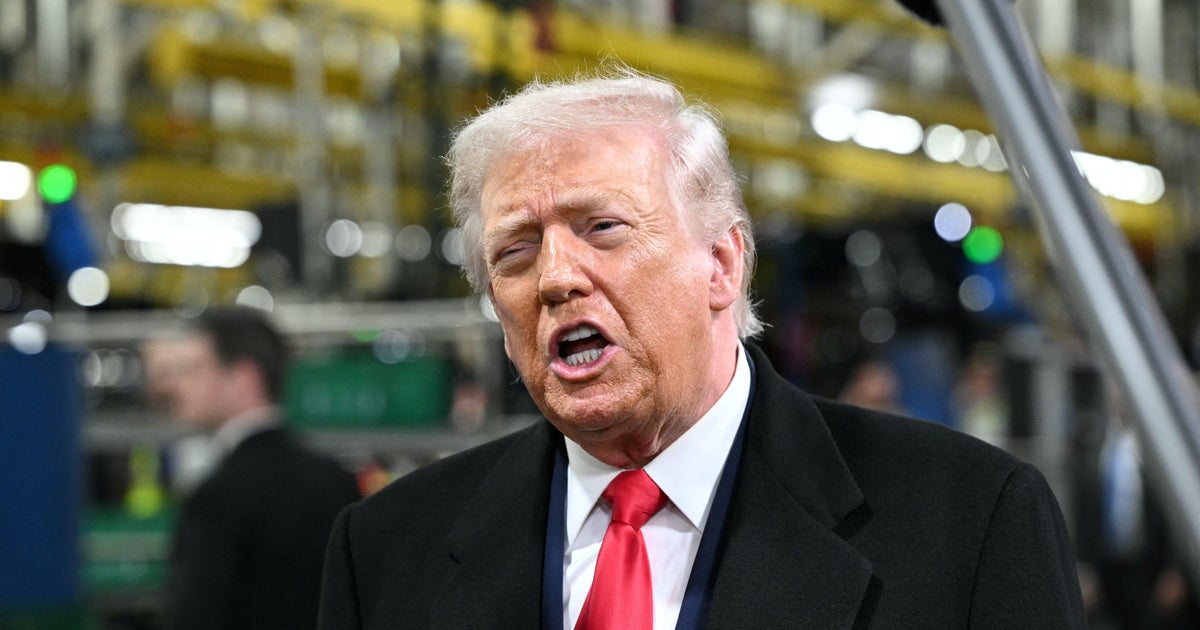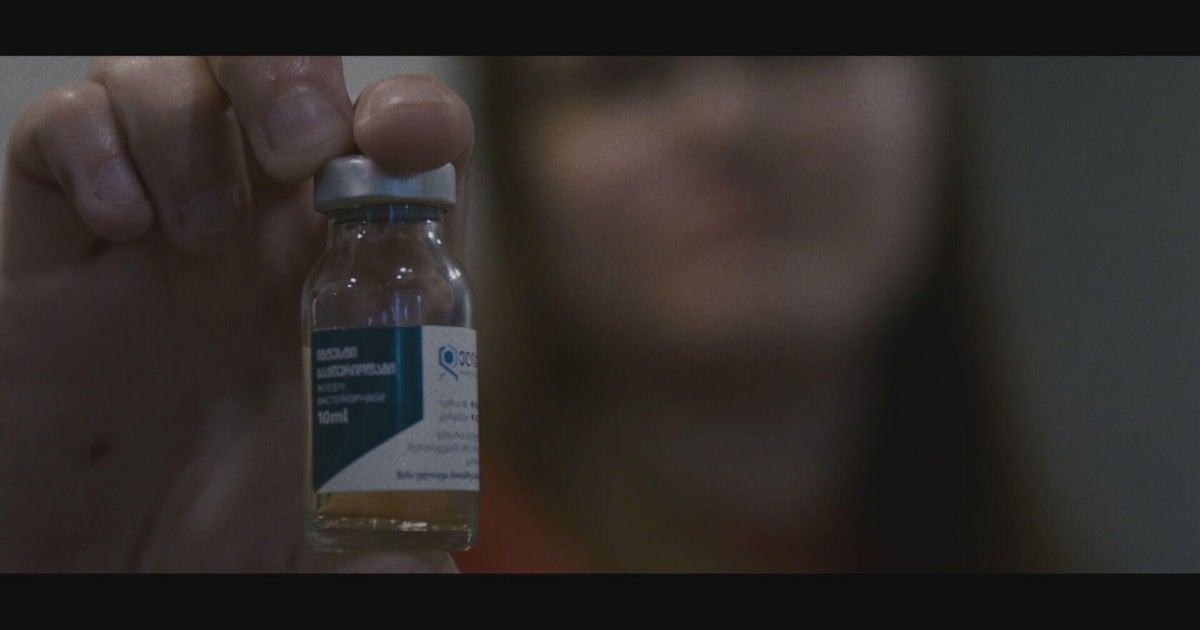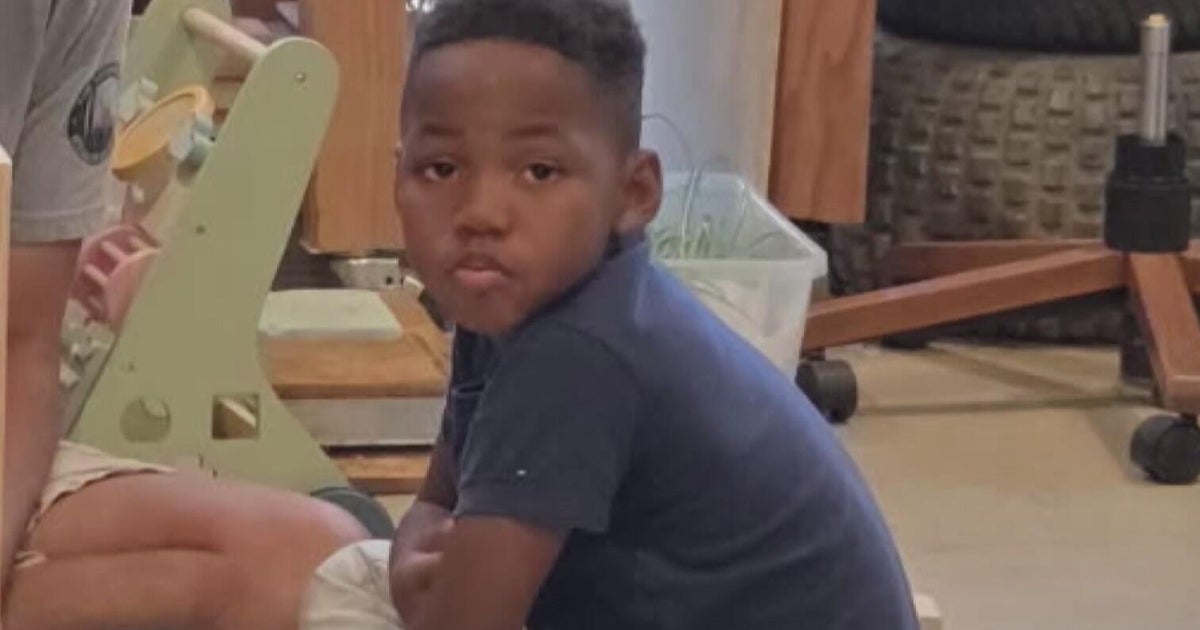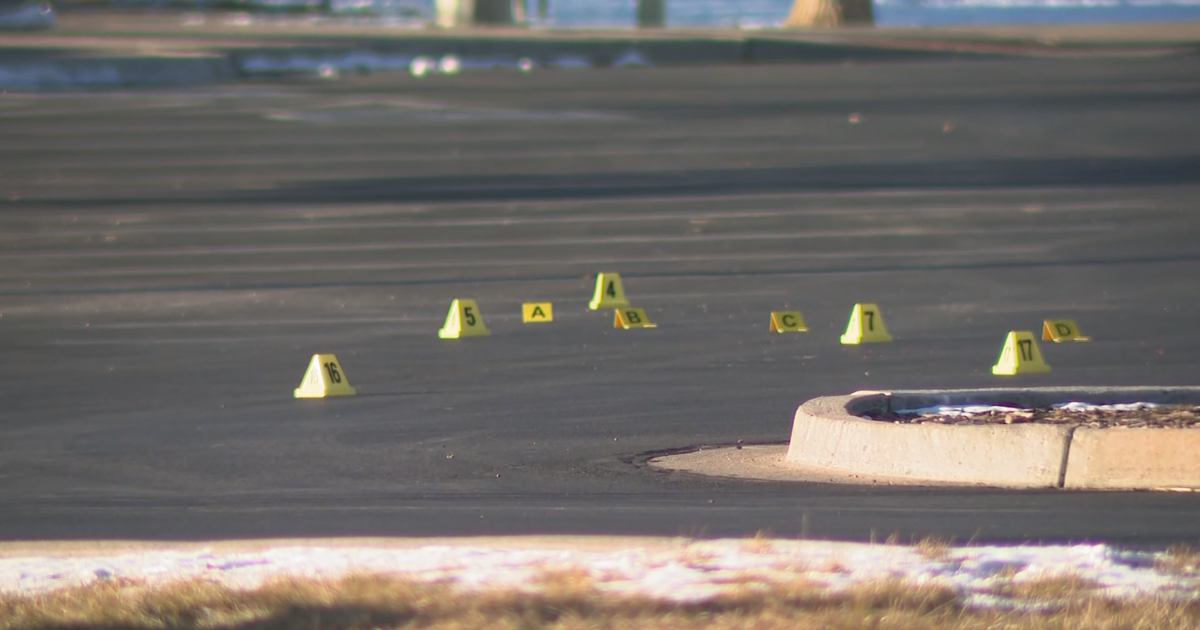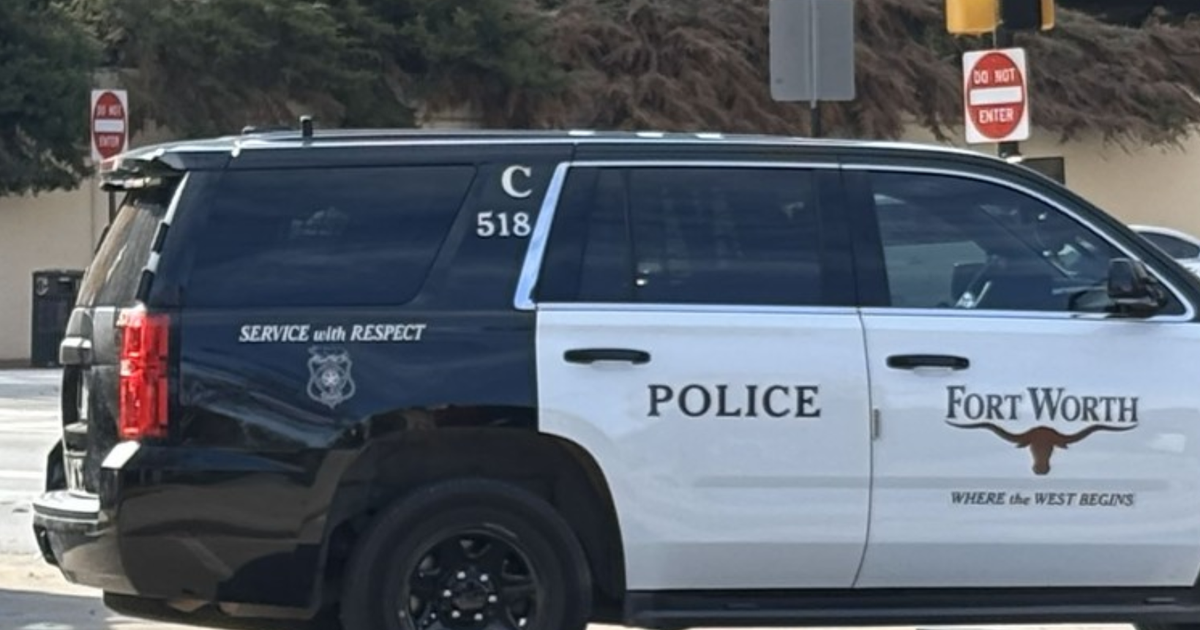Michigan Voters Consider Colorado-Style Recreational Marijuana Bill
DETROIT (AP) — Voters in Michigan and North Dakota will decide Tuesday whether to legalize recreational marijuana, which would make them the first states in the Midwest to do so and would put conservative neighboring states on notice.
More than half the states have already legalized medical marijuana, and Utah and Missouri could join their ranks Tuesday.
Nine states and the District of Columbia have legalized recreational pot for people age 21 or older. And Canada , which shares a border with Michigan and North Dakota, recently made it legal for adults to use the drug. But passage of the measures in either state, which both have Republican governors and Republican-controlled legislatures, would give it a foothold in Middle America and could cause tension along their state borders.
"Troopers that work along the state line are very cognizant of what's going on up north," said Indiana State Police Sgt. Ron Galaviz, a spokesman for the agency's Fort Wayne Post, which stretches north to the Michigan line.
He said if the referendum passes, "we know some of our citizens are going to go over to Michigan to partake." And those who return either under the influence or in possession of pot may learn the hard way that it remains illegal in Indiana and Ohio, which overwhelmingly rejected a 2015 legalization measure.
"We'll enforce our laws as written," added Galaviz, a Michigan native. "If you're traveling to or through our state, we really don't want you bringing it down here."
Such warnings might be warranted. Surveys show the Michigan public's receptiveness to marijuana legalization is similar to attitudes nationwide, with recent Gallup and the Pew Research Center polls showing it had the support of more than 60 percent of respondents.
Supporting the measure is the Coalition to Regulate Marijuana Like Alcohol, which has been endorsed by a national organization of black-owned businesses and a group of retired Michigan law enforcement officers. Opposing it is Healthy and Productive Michigan and many law enforcement agencies, prosecutors, chambers of commerce and religious groups.
Neither side had a major funding edge in the days before the election.
Unlike Michigan's measure, North Dakota's proposal hasn't received any significant funding from outside groups, and it's unknown how much public support it has. It comes with the state still setting up its medical marijuana system, which voters approved by a wide margin two years ago.
The Michigan measure would create a state licensing system for marijuana business and allow cities and townships to restrict them. Supporters say it would align with the state's new regulatory system for medical marijuana businesses and raise roughly $130 million in additional tax revenue each year that would go toward road repairs, schools and local governments. They also say it would allow for greater regulation of pot usage and for the police to focus on more pressing problems.
Opponents say legalizing marijuana would lead to increased use by children, drug abuse and car crashes. They say Michigan's proposal would be too permissive by allowing people to have up to 2.5 ounces (71 grams) of the drug on them and up to 10 ounces at home. They also say its 16 percent tax rate is too low.
Medical marijuana also is on the ballot in Utah and Missouri. The Mormon church, which carries outsized sway in Utah, had opposed the proposal but recently joined lawmakers and advocates to back a deal that would legalize it in the conservative state. Utah's governor said he will call lawmakers into a special session after the midterm election to pass the deal into law, even if the initiative fails.
For the AP's complete coverage of the U.S. midterm elections: http://apne.ws/APPolitics
© 2018 Associated Press. All Rights Reserved. This material may not be published, broadcast, rewritten, or redistributed.

